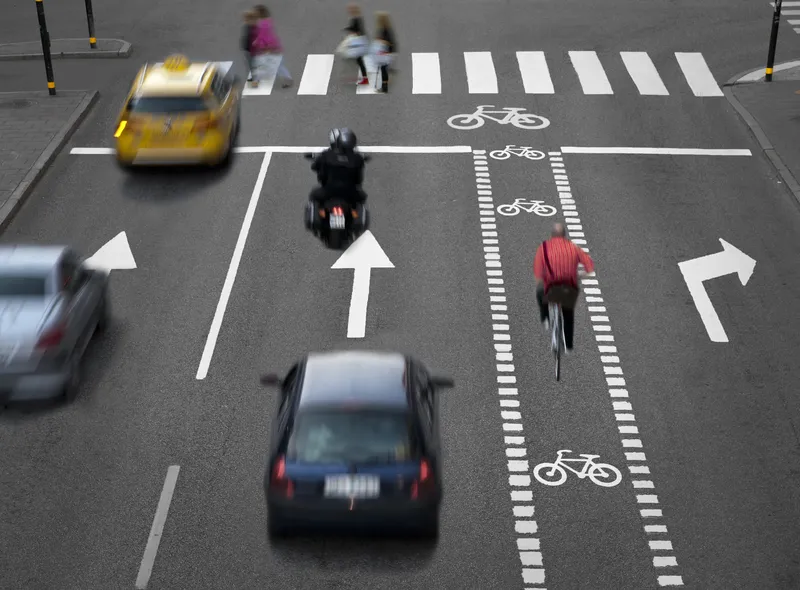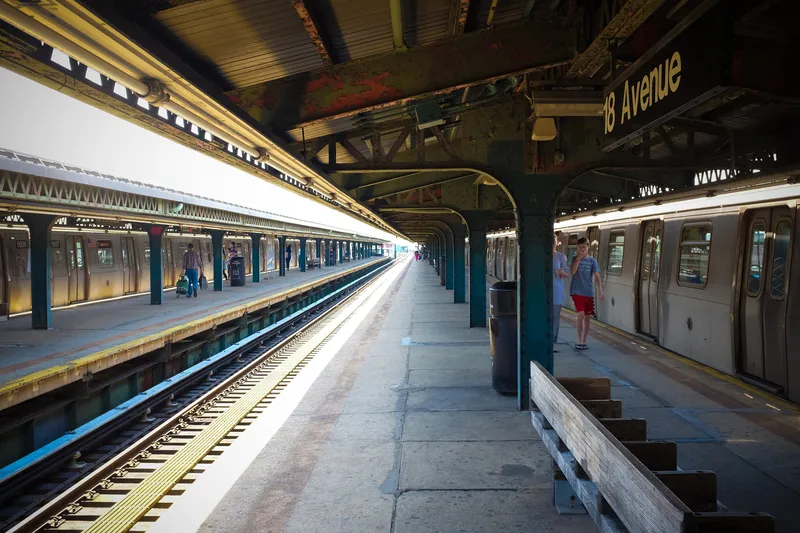
Bentley Systems has launched an open API and self-service tools in its Blyncsy Roadway Intelligence solution in order to accelerate development of applications.
Bentley, an infrastructure engineering software company, said the open API (application programming interface) framework will enable third-party developers, users and businesses to seamlessly integrate with the Blyncsy analytics solution. Access to a new self-service portal will significantly expand the accessibility and utility of the offering, said the company.
Businesses will be able to unlock roadway insights and develop a diverse range of applications, from smart city initiatives and transportation planning to autonomous vehicle development and fleet management support.
The Blyncsy offering leverages AI and crowdsourced imagery to deliver actionable insights for infrastructure professionals. The solution enables automated detection and analysis of roadway assets and conditions, enhancing maintenance, disaster recovery and transportation planning.
The open API will provide access to the crowdsourced dash camera imagery, including new pedestrian and bicyclist detection models, along with existing features such as roadway debris and vegetation detection. Additional roadway detections are planned for launch in 2025.
The open API and self-service portal provide a standardised interface to streamline the process for partners, developers and organisations to integrate Bentley’s Blyncsy data directly into existing applications and platforms.
There is access to comprehensive contextual information about roadways, including infrastructure locations, roadway conditions and asset identification.
"Bentley Systems is committed to accelerating innovation within the transportation technology ecosystem and making data-driven insights more accessible and easily integrated for a broader audience," said Mark Pittman, senior director of transportation AI at Bentley.
“We expect our new open API will break down barriers and foster deeper collaborations, drive innovation and ultimately contribute to safer and more efficient transportation systems worldwide."










